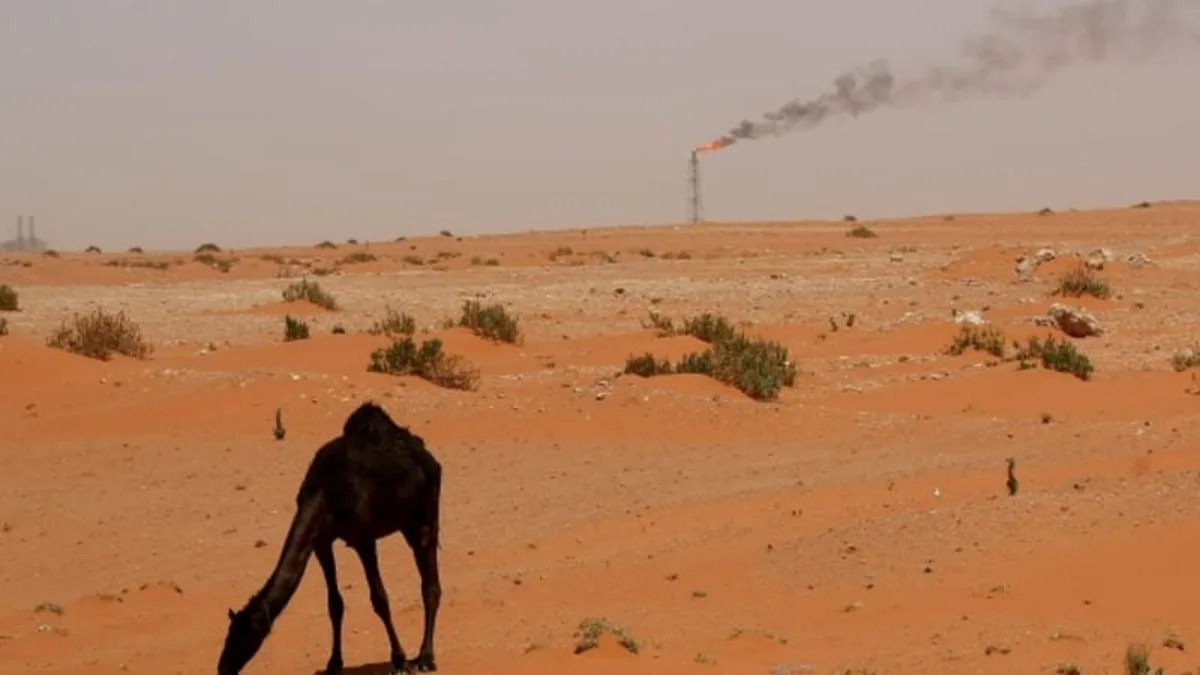As the relative price of gasoline drops, people are not motivated to buy small, fuel efficient cars.
All the top executives in the auto industry tell me that oil supplies will only get tighter this decade. They predict that fuel prices will do nothing but go up. And they say customers will be clamoring for small, fuel-efficient cars. Or electric ones. But what if it turns out they're wrong?
After all, over the last century the price of a gallon of gasoline in the United States, on an inflation-adjusted basis, has always come down. Always. Data from the Energy Information Administration shows that since 1919 the price of gasoline has spiked during war time or global turmoil, but it has always come down after that. This is a key reason why Corporate Average Fuel Economy regulations have not worked. As the relative price of gasoline drops over time, people are not motivated to buy small, fuel efficient cars.
A decade ago, the Peak Oil theory attracted a lot of adherents. It postulated that global oil production would peak in 2006, and that the following shortage would send oil prices skyrocketing. Sure enough, in 2008 a barrel of oil shot to $150. It looked like the Peak Oil theory was coming true. But less than 12 months later it dropped to under $40 a barrel. And though the price is now closer to $100 you don't hear as much talk about Peak Oil anymore. Here's why.
 John McElroy is host of the TV program "Autoline Detroit" and daily web video "Autoline Daily". Every week he brings his unique insights as a Detroit insider to Autoblog readers.
John McElroy is host of the TV program "Autoline Detroit" and daily web video "Autoline Daily". Every week he brings his unique insights as a Detroit insider to Autoblog readers.
[Source: | ]
Just a few years ago, Brazil discovered massive reserves of oil off its coast, reserves that match or beat Saudi Arabia's. Brazil will start tapping those reserves before this decade is out. In Iraq, the infrastructure is being put in place to increase oil production to six or seven times greater than it is today. Right now, Iraq is producing 2.5 million barrels a day. By 2020, it could be close to 15 million. In the United States, the U.S. Geological Survey says there are at least 18 billion barrels of untapped oil, others say it could be much greater than that.
But most importantly, a new drilling technique called hydraulic fracturing is turning out to be a game-changer. It's opening up vast shale deposits throughout the country. Texas wildcatters figured out a way to pump water mixed with sand at high pressures into a well, fracturing the shale and releasing natural gas. The sand keeps the cracks open, preventing the shale from collapsing and sealing itself. As a result of this process, in just the last two years, the United States added 100 years of natural gas use and the price has plummeted nearly in half from its peak in 2008.
While much has been written about the natural gas bonanza, there hasn't been much coverage of using hydraulic fracturing to extract oil. The U.S. Department of Energy now predicts that oil production in the United States will go up this year for the first time in 40 years. Before the decade is out, the DOE forecasts that oil production in the United States will increase by two million barrels a day.
Hydraulic fracturing, or fracking as it's also called, is controversial. Some environmentalists claim it will destroy water tables across the country. There's even a documentary making the rounds called Gasland that is rallying opponents to the cause. Of course, Gasland approaches this issue with all the impartiality and evenhandedness of pseudo-documentaries like Roger and Me and Who Killed The Electric Car? But they didn't stand up to the test of time either, did they?
If it turns out there's plenty of oil to go around, we're going to use it.
There are legitimate concerns over fracking, because, for some odd reason, it's completely unregulated. Some unscrupulous frackers are injecting diesel fuel and chemicals into their wells, not just water and sand. Some of them are not properly treating their waste water, and others are duping investors with exaggerated production numbers. But the solution is simple: regulate them! That's exactly what states like New York are doing. Up until this month, fracking was illegal in New York. Now, within guidelines, it's legal.
Besides, the EPA is all over this issue. It's investigated all kinds of complaints about fracking, and tellingly, it has not shut down a single fracking site. Not one. A more complete report will come out next year.
So far, fracking has pretty much only been used in the United States. Undoubtedly it will soon spread to the rest of the world. That means before this decade is out, we are going to see vast increases in the amount of oil and natural gas available, and this will have enormous implications for automakers and governments.
Despite CO2 concerns and the big push for electric cars, my bet is that, if it turns out there's plenty of oil to go around, we're going to use it.


Sign in to post
Please sign in to leave a comment.
Continue